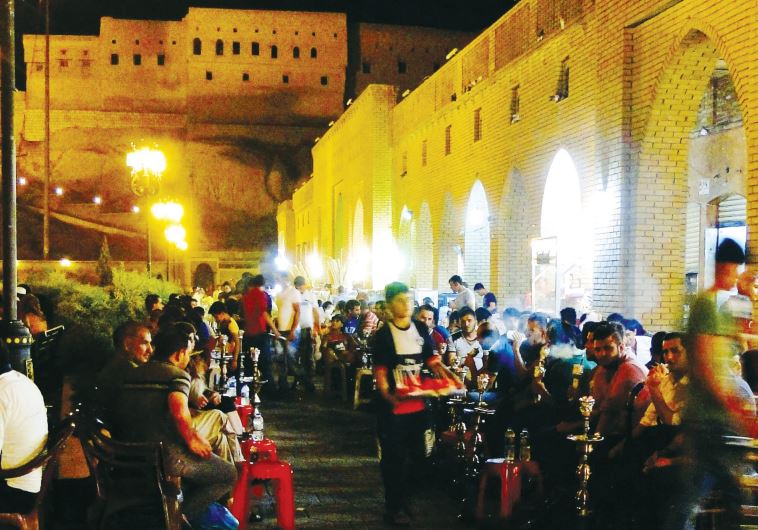International Women's Day: Founder of ICRC discusses her role in saving ME Christians
Juliana Taimoorazy was smuggled out of Iran in 1989, now mentors young women who, like herself, arrived in the US to avoid religious persecution.
 Downtown Erbil with the Assyrian fortress in the background.(photo credit: TAMARA BARAAZ)ByFELICE FRIEDSON/THE MEDIA LINEUpdated:
Downtown Erbil with the Assyrian fortress in the background.(photo credit: TAMARA BARAAZ)ByFELICE FRIEDSON/THE MEDIA LINEUpdated: